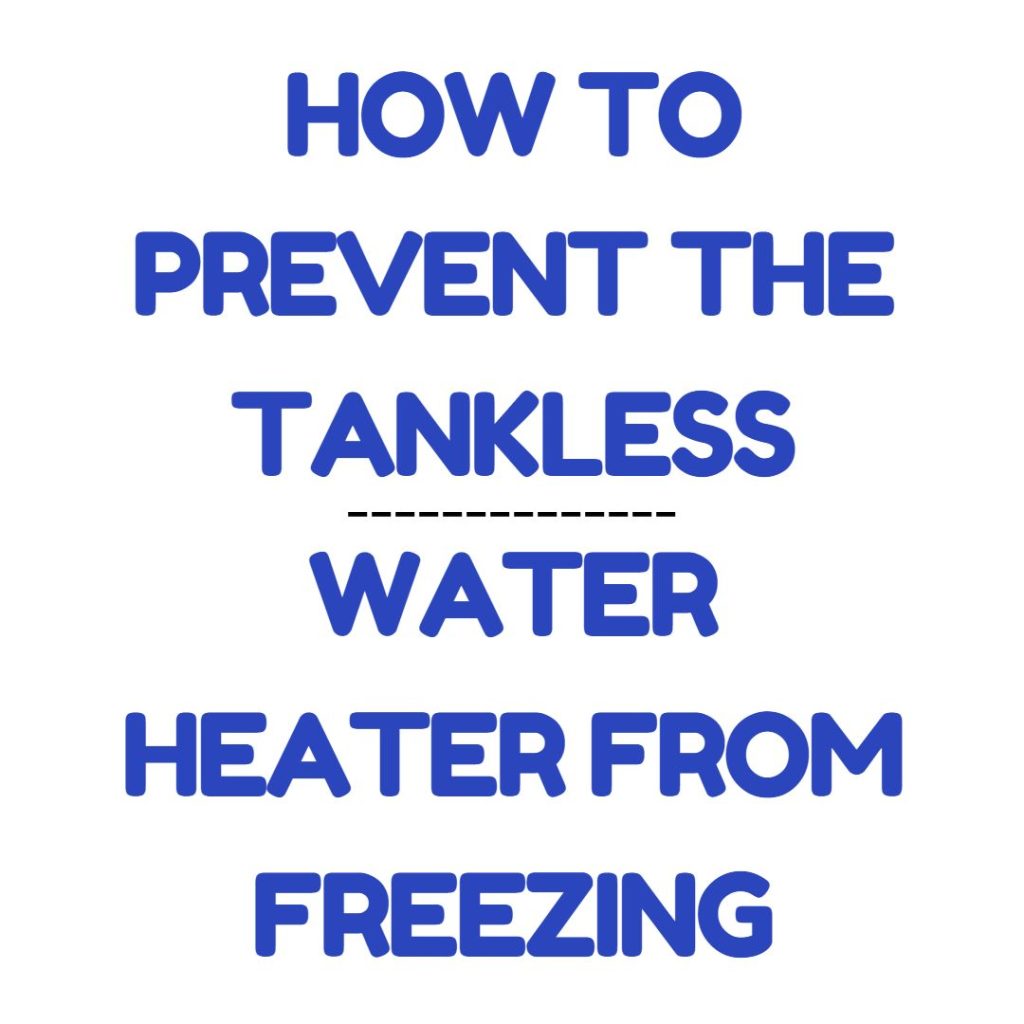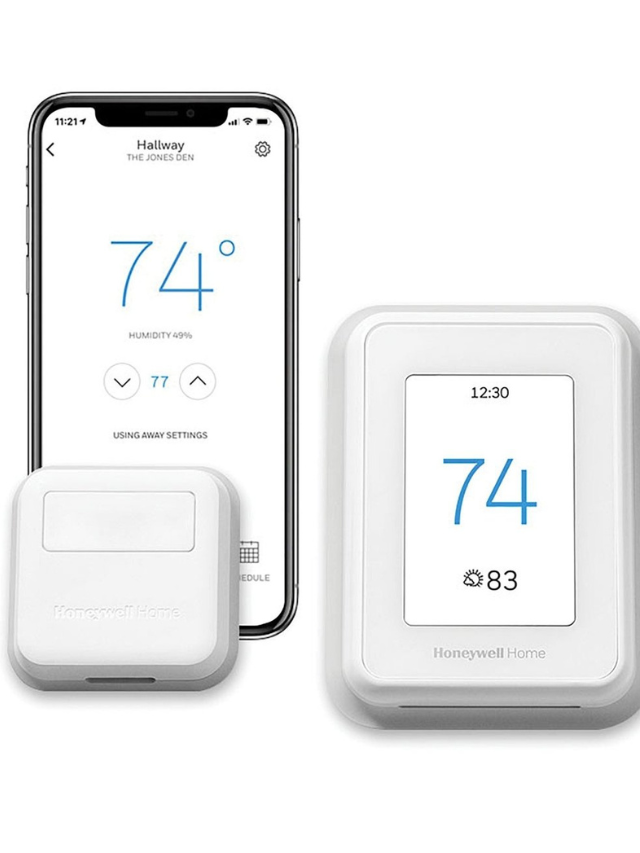Introduction
Tankless water heaters are popular because they are more energy-efficient than traditional storage-tank water heaters. They also do not run out of hot water like storage tank water heaters. However, there is one significant downside to them – they can freeze up in cold weather.
To prevent your tankless water heater from freezing, you should make sure that the temperature in your home is at least 55 degrees Fahrenheit (13 degrees Celsius). You should also make sure that the incoming cold water isn’t too cold and that the venting system for your unit is clear of debris.
What is a Tankless Water Heater?
Tankless water heaters are water heater that heats the water as it flows through the unit.
Tankless water heaters work by passing cold water through a heating element. The heated water is then stored in a tank and can be accessed at any time.
Traditional tank-style water heaters store hot water in a large tank and then release it as needed into the home’s plumbing system.
Tankless Water Heaters are more efficient because they only use energy when hot water is needed, whereas traditional tanks constantly burn fuel to keep up with demand.
Do Tankless Water Heaters Have Freeze Protection?
Tankless water heaters do not have freeze protection. If the temperature drops below 40 degrees Fahrenheit, the water will freeze, and the heater will stop working. Some new Tankless water heaters have a freeze protection function that helps prevent the water from freezing in the plumbing lines.
When Should You Worry About Pipes Freezing?
In winter, pipes can freeze if the temperature drops below freezing. This usually happens when there is no heat in the building. If your pipes are exposed to cold air, they can freeze even if the temperature is above freezing. It would be best to start worrying when there is no heat in the building or when your pipes are exposed to cold air.
What are the Causes of Freezing in an Electronic Tankless Water Heater?
There are specific causes of freezing in tankless water heaters. One cause is the failure to drain the water from the tankless heater. This will cause the water to freeze, which will lead to freezing in a tankless water heater. The failure to drain can be caused by a clogged or blocked drain, easily fixed with some hot water and vinegar.
Another cause of freezing is when an expansion valve malfunctions, leading to freezing in a tankless water heater. It would help if you replaced the expansion valve or contact your local plumber for assistance to fix this issue.
What happens when a tankless water heater freezes?
A tankless water heater is a water heater that heats the water as it flows through the system.
Tankless water heaters are much more energy-efficient than traditional tank-type heaters, but they are also more sensitive to freezing conditions.
If your tankless water heater freezes, you will need to take some special precautions to protect your home from damage and danger.
How to Prevent Freezing in a Tank Less Water Heater
The heat pump water heater is designed to heat water without using a storage tank, and this means it can be installed in places where a traditional heater cannot, such as an attic or crawlspace.
A tankless electric heater is typically installed on an exterior wall or in an attic, with access to fresh air. It is also possible to install one inside the house or basement if enough space and ventilation are available.
Heat pumps are more expensive than other water heaters, but they have lower operating costs.
- Shut off your Water in-let when not using
- Keep your tankless water heater pipe drained
- Maintain your home temperature to warm.
How Do You Insulate A Tankless Water Heater Pipe?
Insulating a tankless water heater pipe is not difficult and can be achieved by using different types of insulation, such as spray foam insulation or fiberglass insulation.
Does Foam Pipe Insulation Work?
Foam pipe insulation is a type of insulation made to fit around the pipes in your home. The foam pipe insulation can reduce heat transfer and help keep warm air in the house.
The foam pipe insulation works by creating an air gap between the pipes and the walls. This reduces heat transfer, but it also means that you have less access to plumbing if you need to do any work on them.
What To Do If Your Tankless Water Heater Already Freezes
If your tankless water heater already freezes, the first thing to do is to turn off the power and allow the unit to thaw before turning it back on. You should also check for any leaks or cracks in the unit.
If your tankless water heater has been frozen for more than 12 hours, you may have a leak or a crack in it that needs to be repaired. A plumber can help diagnose and fix these issues.
Conclusion
Tankless water heaters are a great solution to keep your home warm during the winter months.
There are many reasons to switch from a traditional tanked water heater to a tankless one. For example, they have a lower impact on the environment since they have no tanks and pipes, and they also use less energy to save money on your heating bills.
One of the enormous benefits is that tankless water heaters don’t freeze as quickly as traditional ones in cold climates, so you won’t have any problems with freezing pipes or burst pipes during those cold winter months.


